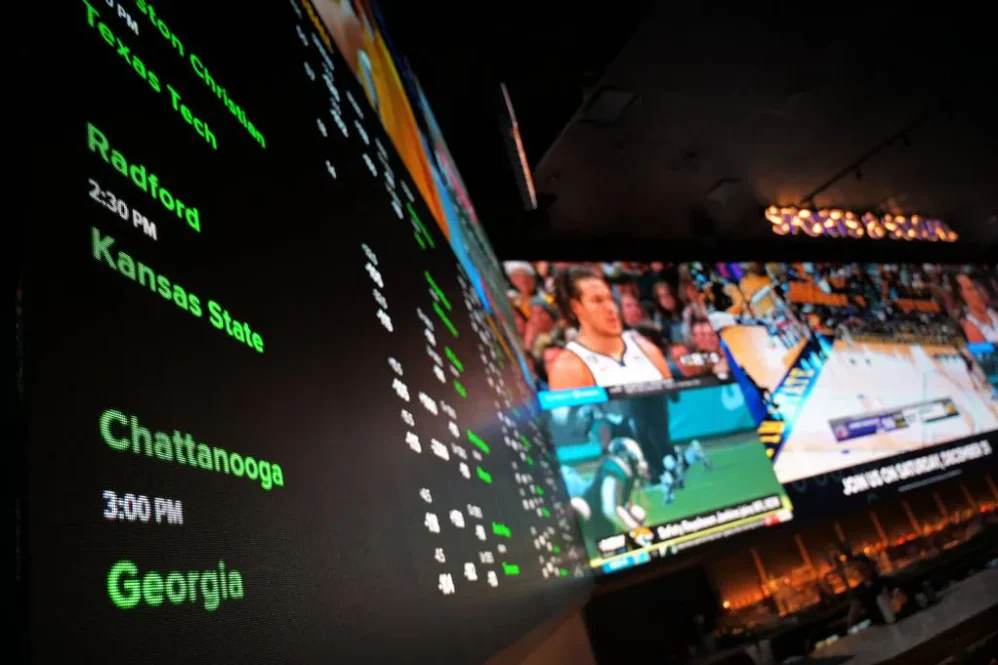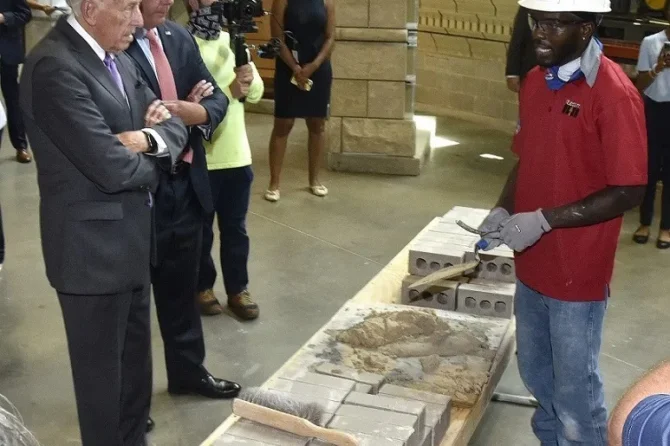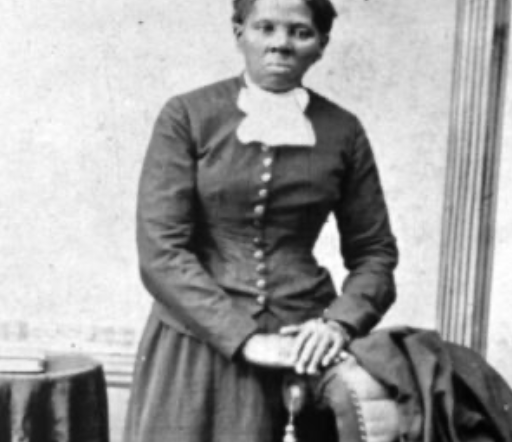BALTIMORE SUN: Once sequestered to the desert of Las Vegas, whispered about over pay phones, and deemed to be a threat to “the integrity of” football by the NFL’s commissioner, the practice of betting on sports has escaped ostracism and emerged as a ballyhooed favorite of sports leagues and fanatics.
For decades, only racetracks and Las Vegas allowed sports gambling in the U.S. Pro leagues were so wary that they refused to even place a team in “Sin City,” lest athletes get caught up in the unseemly habit.
In a 2012 court filing, NFL Commissioner Roger Goodell formally opposed the spread of sports betting. But a 2018 U.S. Supreme Court decision opened the door to widespread sports wagering. And as a new revenue stream for casinos, leagues and states and a new source of entertainment for fans, sports betting quickly proved a coveted debutant. What was taboo became ubiquitous: 38 states have legalized it in some form. In Maryland, there are 13 retail sportsbooks and 12 mobile operators. The Ravens and Orioles both have partnerships with sportsbooks.“The sports world … went from, ‘Gambling is bad, we don’t like this, we don’t want this,’ to every other commercial is promoting some sportsbook,” said Sean Jones, a Howard County resident who occasionally bets on sports.
It was first legalized in Maryland in 2021, with online wagering starting in November 2022. In the year since, it has entertained bettors across the state to the tune of a predicted $4 billion in bets. With 15% of sportsbooks’ profits going to the state, it’s expected to raise at least $40 million for public education in its first year.
But increased access to a popular new national pastime raises questions about addressing the potential for more people developing an addiction to betting. The growing mobile sports industry doesn’t contribute to the Maryland Problem Gambling Fund. And a new player on the horizon — internet gambling — could broaden the pool of people whose habit becomes self-destructive by making casino games available online.
The New York Giants recently played the Washington Commanders in the worst, in terms of win-loss records, matchup of the NFL’s Week 11. But Jones likes football enough that the unappetizing matchup didn’t bother him. Whatever game is aired, he’s content to watch. And this year, he’s been even more engaged. He’s not much of a gambler and has never walked into a sportsbook, but with the advent of mobile sports betting, he likes to place tiny bets on his phone — maybe $2 each — to add some drama.
“A couple of bucks, just for some fun, just for a little extra bit of excitement,” he said.
Sports gamblers used to have to illegally use a bookie, which is what Billy Small, of Baltimore, was used to. After a long launch process in Maryland, he was happy to begin betting legally on his smartphone.
The ease of betting on an app is an enticing new option. Last month, 96% of the sports betting handle (the total of money wagered) came from online bets, as opposed to just 4% from physical sportsbooks.
Sure, you can bet on the Orioles to win the 2024 World Series or the Ravens to win Dec. 10. But you can also put the price of a cup of coffee on an otherwise unremarkable football game that, suddenly, you have a stake in. Kevin Green, a Virginia resident and Ravens fan, said he doesn’t like betting on the Ravens (“I don’t want to be mad about two things if they lose”), but he wagers on other NFL games.
“If you do it responsibly, it gives you another layer of fun to the viewing experience,” he said.
That excitement has attracted many. More than 73 million Americans were expected to bet on the NFL this season, according to a survey from the American Gaming Association. But bettors don’t have to stop there. They can also wager on whether a middling NBA player will have at least 3.5 rebounds. Or who will win an upcoming game of snooker. Or, as of earlier this year, pickleball.
Gamblers can also place parlays — a bet requiring a combination of outcomes that is less likely to occur, but which yields a larger prize. Those wagers offer tempting rewards, but rarely pan out. They’re generally moneymakers for the sportsbooks. Those types of bets give pause to people concerned about the future of sports betting and its effects. In October — a month that featured five Sundays of NFL games — Maryland had its most successful sports betting month, generating $5.8 million in revenue for the state. The other side of the coin is that Marylanders lost $39 million in betting on sports during the month.
“It does make it easy,” Jones said of betting on one’s phone. “And it makes it more dangerous, I think.”Eight states have legalized ‘iGaming,’ which allows adults to play casino games on their phone. Maryland could be next.
One of the greatest advantages of legalized sports wagering — aside from regulating what had previously been a black market — is that it raises state revenue. Before mobile wagering was legalized, the research firm Eilers & Krejcik Gaming predicted that Maryland would bring in $26 million in sports betting in 2023 and then increase from there.
Next fiscal year, Maryland will likely generate around $45 million for education, Maryland Lottery and Gaming Control Agency Director John Martin said. In the grand scheme of the state’s $63 billion budget, that contribution is a drop in the bucket (less than 0.1%), but every million helps.
In addition to money for the state, sportsbooks have made hundreds of millions of dollars in revenue.However, no mobile sports wagering revenue goes to the state’s Problem Gambling Fund, which finances education on responsible betting and support for those facing addiction. People who seek support for gambling problems receive free treatment in Maryland via the fund.
During a General Assembly committee hearing last month, legislators discussed a potential slippery slope facing the state: Online sports betting is becoming more popular, but is not legally required to contribute to the fund. Instead, slots and table games at casinos finance support for problem gamblers. So, while more people have access to gambling and do it on their phones, the fund hasn’t received extra money.
“Online and mobile gambling is creating, I think, I don’t know if I want to call it a burden, but it’s certainly stretching the resources we have currently,” Mary Drexler, director of the Maryland Center of Excellence on Problem Gambling, told the Joint Audit and Evaluation Committee. “It’s a public health issue. Relying solely on the casino table game taxes and [slot] taxes isn’t going to carry us into the future, isn’t going to allow me to expand our public awareness, to expand some of the staffing needed.
”In the months since mobile betting began, Maryland has seen an increase in gamblers seeking professional help, especially among young men of color, but Drexler said in an interview that it’s too early to know whether the additional calls are a result of online sports wagering. Legislative analysts suggested at the hearing that the Problem Gambling Fund diversify its revenue. That would likely mean requiring contributions from mobile sports gambling, perhaps as a result of action taken in the General Assembly’s 2024 session.
“We want to do so much more with public awareness campaigns and keep them going through the year,” Drexler said, “but we don’t have the funding that the sports world has that can spend millions and millions of dollars to get the message out on betting.”










